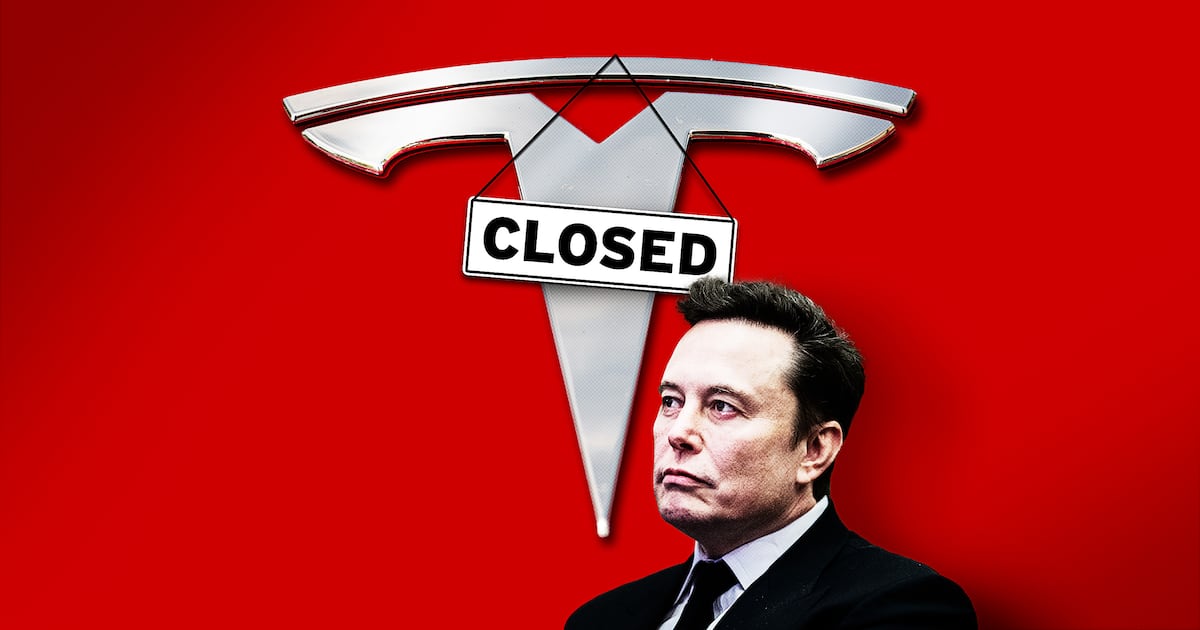There are a lot of winners in today’s sale of Skype to Microsoft, but the biggest one has to be Marc Andreessen, the entrepreneur-turned-venture-capitalist whose firm, Andreessen-Horowitz, invested in Skype in 2009 and is now tripling its money after only 18 months.
“This is one of the best-performing buyout deals of all time,” Andreessen says. “To get this kind of return on a buyout deal in such short time is really rare.”
Better yet, the deal makes Andreessen perhaps the biggest power player in Silicon Valley.
Andreessen-Horowitz was part of a team of investors, led by Silver Lake Partners, that bought a majority stake in Skype from eBay. At the time of the deal, Skype was valued at $2.75 billion—and people said the buyout investors were crazy.
They’re not looking so crazy now, since they just sold the same company to Microsoft for an astonishing $8.5 billion.
The Skype deal was Andreessen-Horowitz’s first big deal. They started their company in June 2009, and invested in Skype in September 2009.
The sale to Microsoft represents the first "exit" for an Andreessen-Horowitz investment. “This is the proof that we can take these deals all the way through to conclusion,” Andreessen says.
The deal also launches Andreessen into the top tier of Silicon Valley power players. Tech blog Business Insider this morning says Andreessen is “now officially Silicon Valley’s kingmaker” and “one of the most powerful dealmakers in Silicon Valley.”
Andreessen first became famous as the wunderkind founder of Netscape, the original Web browser. Netscape’s stunning IPO in 1995 set off the original tech boom in the 1990s. Netscape was later acquired by AOL.
Meanwhile, Andreessen went on to create more smash hits. Opsware, an Andreessen-founded company that made software for running data centers, was acquired by HP for $1.6 billion. His next startup, Ning, is a thriving platform for social networks.
Microsoft probably doesn't care too much about Skype's revenue. Rather, it is looking to enhance a bunch of Microsoft’s existing products both in the enterprise and consumer space.
Andreessen now sits on the boards of eBay, Facebook, and HP. In 2009, he formed Andreessen-Horowitz with his friend and longtime business partner Ben Horowitz. They own stakes in some of the top companies in tech, including Facebook, Groupon, Zynga, Digg, Foursquare, and Twitter.
The sale of Skype for such a huge profit is an especially sweet victory. Horowitz this morning published a blog post crowing about the critics who said he and Andreessen were nuts when they invested in Skype in 2009.
The deal was controversial in part because it was unclear that Skype could ever generate huge revenues and profits, and in part because Skype’s co-founders were suing eBay, the owner of the company, over intellectual property rights. Horowitz says he and Andreessen could see the potential of Skype despite the challenges. “We had the same data as everybody else, but we had a radically higher opinion of Skype’s founders and employees than the doubters and naysayers.”
The new owners were able to work out the legal problems with the co-founders. They also brought in a new CEO, Tony Bates, a veteran Cisco executive, who got the company running more smoothly.
Andreessen, interviewed Tuesday morning, says he and his fellow investors felt Skype could be a great standalone business—but they also knew that at some point Skype would be a strong acquisition candidate.
“These investments are not always as risky as they look,” Andreessen says. “We got a lot of flack at the time we made the deal. But one reason we were enthusiastic about buying Skype was that even though we thought it would be a tremendous standalone business, we also knew that for Microsoft and a number of other companies Skype would be an obvious thing to buy. We knew we’d always have the fall-back of selling to strategic buyers.”
Skype had been in the process of going public and probably could have launched a successful IPO if Microsoft had not jumped in and preempted the deal.
The company had revenues of about $1 billion last year. Microsoft probably doesn't care too much about Skype's revenue. Rather, it is looking to enhance a bunch of Microsoft’s existing products, both in the enterprise and consumer space. Microsoft now has technology that will add voice and video to its Office productivity suite, its Xbox game player, and its Windows Phone 7 mobile phone platform.
“The main thing is what Microsoft can do with this at the enterprise level,” says Tim Bajarin, president of Creative Strategies, a tech consultancy in Campbell, Calif. “This could be fundamentally the next-generation PBX system for big companies, and a key part of how people communicate across the enterprise.”
Skype technology also lets Microsoft catch up to what Google and Apple are already offering. Google has added voice calling to its Gmail software. Apple has Facetime, a videoconferencing service that runs on iPhones.
Horowitz, in his blog post, says Skype has continued to grow despite those new rivals. He says the company is adding 500,000 new registered users each day. Some 50 million people have downloaded Skype’s iPhone app since Apple released Facetime—a sign that, even with built-in software from Apple, users still want Skype.
That’s why, even though Microsoft is paying three times what it might have paid for Skype only 18 months ago, Andreessen says, “I think Microsoft is getting a really good deal. They’re getting a great asset with a tremendous head of steam.”
Then again, what else is he going to say?
Dan Lyons is technology editor at Newsweek and the creator of Fake Steve Jobs, the persona behind the notorious tech blog, The Secret Diary of Steve Jobs. Before joining Newsweek, Lyons spent 10 years at Forbes.






